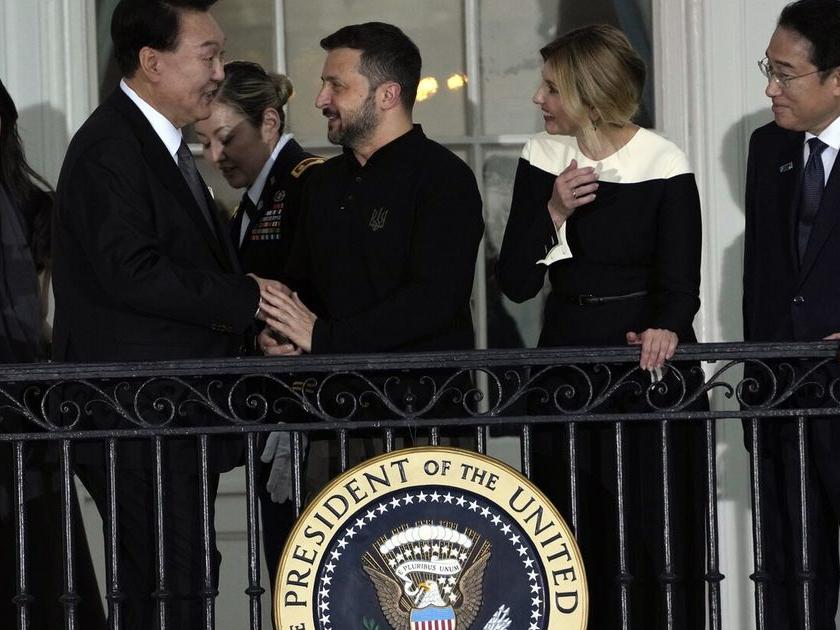NATO’s 75th-anniversary summit in Washington has marked a significant shift in the alliance’s approach to the ongoing Russia-Ukraine conflict and China’s role in it. In a show of increased support for Ukraine, NATO members have pledged at least 40 billion euros in military aid for the coming year. This aid package includes the transfer of F-16 fighter jets to Ukraine, with US Secretary of State Antony Blinken announcing that the delivery has already begun and the jets will be operational by this summer.In a strategic move, NATO has decided to establish a new coordination unit in Wiesbaden, Germany, to oversee the provision of military equipment and training for Ukrainian forces. This decision aims to streamline support efforts and ensure their continuity regardless of potential political changes in member states.The alliance has also taken a stronger stance against China, labeling it a ‘decisive enabler’ of Russia’s war efforts in Ukraine. NATO leaders have called on Beijing to cease its material and political support for Russia’s military campaign. The alliance expressed concerns over China’s expanding nuclear arsenal and space capabilities, urging Beijing to engage in strategic risk reduction discussions.China has vehemently denied these accusations, describing NATO’s declaration as ‘full of belligerent rhetoric’ and ‘lies, incitement and smears’. The Chinese embassy in Washington stated that China is not a party to the Ukraine crisis and is not providing weapons to the conflicting parties.These developments have not been without controversy. Hungarian Prime Minister Viktor Orbán, known for his close ties with Russia, has called for a peaceful resolution to the conflict and advocated for making concessions to Russia. Meanwhile, China and Belarus are conducting joint military drills near Poland’s border, which some analysts interpret as a warning message to NATO.As the alliance reaffirms its commitment to Ukraine’s eventual NATO membership and takes a firmer stance against perceived threats from Russia and China, these decisions are likely to have far-reaching implications for global geopolitics and security dynamics.
Key points
- NATO pledges at least 40 billion euros in military aid to Ukraine, including F-16 fighter jets.
- The alliance establishes a new coordination unit in Wiesbaden, Germany, for military equipment and training for Ukraine.
- NATO labels China a ‘decisive enabler’ of Russia’s war efforts, calling for cessation of support.
- China denies accusations, criticizing NATO’s declaration as ‘belligerent rhetoric’ and ‘lies’.
Contradictions👾While NATO accuses China of supporting Russia’s war efforts, China denies providing any military aid to Russia.
👾NATO emphasizes Ukraine’s path to membership, but Hungarian PM Viktor Orbán advocates for concessions to Russia.



